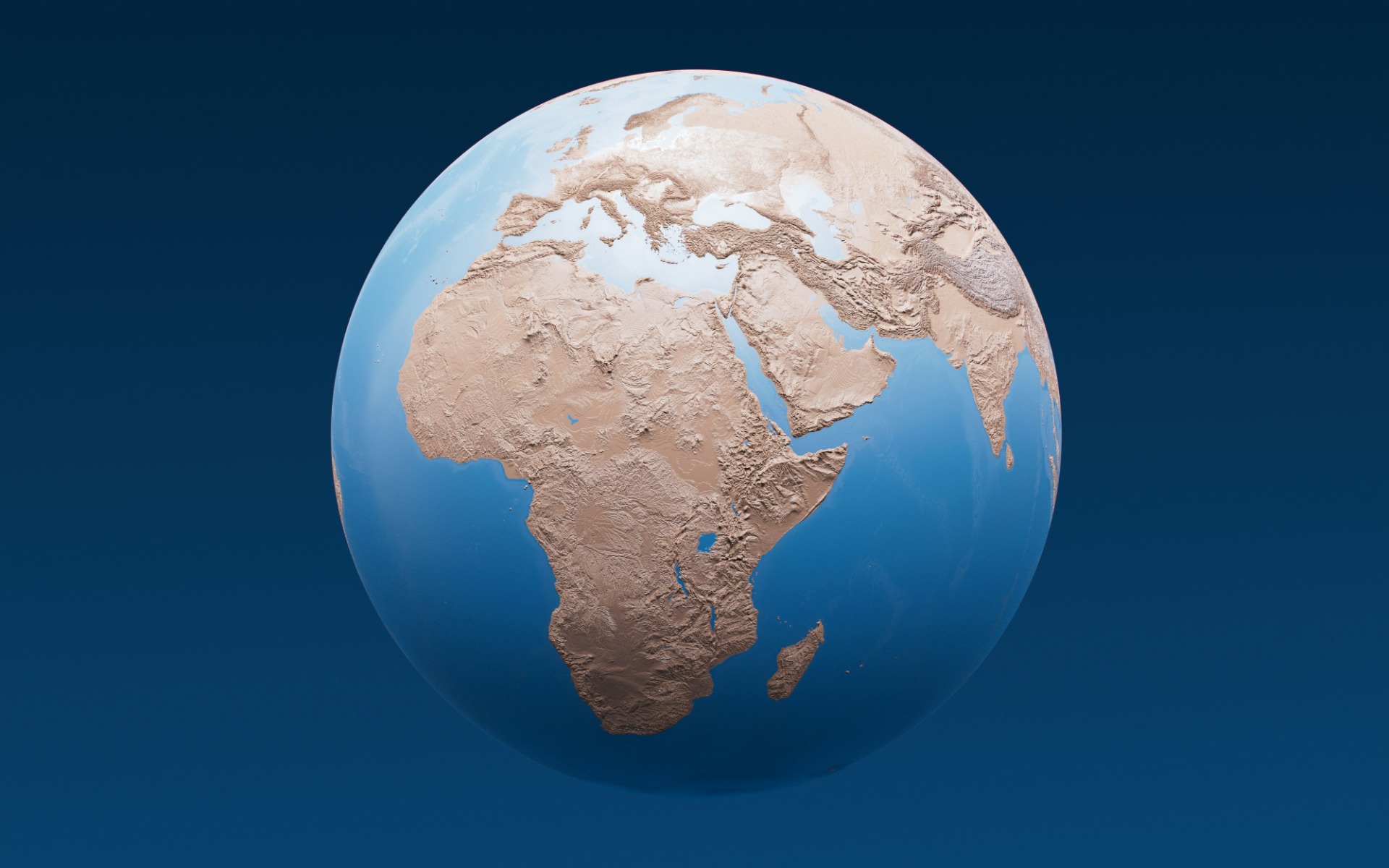Mozambique International Relations and Trade
International Relations and Trade of Mozambique: Trade Networks and Economic Impact
Mozambique's strategic location along the Indian Ocean, coupled with its extensive network of ports, has established the country as a vital trade hub in Southern Africa. The coastline stretches approximately 2,700 kilometers, featuring key ports at Maputo, Beira, and Nacala. This geographical advantage positions Mozambique as the primary gateway for neighboring landlocked countries, facilitating the flow of agricultural products, minerals, and energy resources. In this article, we will analyze Mozambique's trade relations, its major export and import partners, key trade agreements, and the economic impact of these ties amid challenges such as insurgency, climate risks, and governance issues.
Trade Networks
Mozambique's trade networks are intricately woven within regional and global frameworks. Membership in the Southern African Development Community (SADC) and participation in the African Continental Free Trade Area (AfCFTA) enhance Mozambique's economic connections, promoting intra-regional trade and business cooperation. Furthermore, the country has established bilateral agreements with key trading partners, which have bolstered its ability to engage in international markets.
As of 2018, foreign trade accounted for over 132% of the country's GDP, illustrating a significant openness to global commerce despite a persistent trade deficit. This deficit is primarily driven by capital goods imports associated with the country's liquefied natural gas (LNG) projects and essential infrastructure developments. Mozambique's strategic initiatives to strengthen trade relations are crucial to supporting its economic growth, and they attempt to mitigate the risks arising from external economic shocks.
Major Export Partners
In 2023, Mozambique's merchandise exports totaled $8.27 billion, reflecting a marginal decline of 0.275% from the previous year. Key export partners include:
India (21.1%): A major buyer of coal, natural gas, and agricultural products, such as pigeon peas, which are vital for Mozambique's agricultural sector.
South Africa (18.3%): This partnership is essential for imports of aluminum (from the Mozal smelter) and electricity generated by the Cahora Bassa dam, alongside various agricultural goods.
United Kingdom (11.9%): The UK is a significant market for Mozambique's coal and titanium ores.
South Korea (6.1%) and China (5.2%): Both countries import significant amounts of coal, natural gas, and minerals for industrial use.
Other notable markets include the Netherlands, Hong Kong, Singapore, and Poland, which are also important for coal, aluminum, and gemstones.
These partnerships highlight Mozambique's focus on exporting natural resources and agricultural products, positioning the country as an emerging player in regional trade.
Major Import Partners
In 2023, Mozambique's imports reached $10 billion, marking a 31% decrease from 2022 due to reduced demand for capital goods following the peaks of LNG project developments. The primary import partners include:
South Korea (32%): The leading supplier of machinery and floating platforms necessary for LNG projects.
South Africa (15.6%): A crucial source of vehicles, foodstuffs (such as rice and wheat), and electrical equipment, essential for domestic consumption.
United Arab Emirates (10%), China (7.2%), and India (5.7%): These countries supply capital goods, which account for 41.4% of imports, intermediate goods (27.6%), and consumer goods (16.4%), including medications and cement.
The diversity of Mozambique's import partners ensures a steady supply of essential goods and services, which is especially vital for sustaining its economic activities.
Key Export Commodities
Mozambique's exports are predominantly driven by natural resources and agricultural products, which play central roles in its economic framework:
Mineral Fuels and Coal (57%, $4.76 billion): The exports primarily come from the Moatize basin in Tete, with coal exports experiencing a remarkable increase of $1.39 billion in 2022.
Aluminum (15.4%, $1.27 billion): Produced at the Mozal smelter, aluminum exports predominantly supply South Africa.
Agricultural Products (3.36%, $278 million): This category includes oil seeds, cotton, tobacco, and sugar, with a $162.9 million rise recorded in 2022, showcasing the sector's potential for growth.
Precious Stones and Metals (3.14%, $260 million): Mozambique is known for its rich deposits of titanium, rubies, and various gemstones, particularly from the provinces of Nampula and Cabo Delgado.
These commodities underline Mozambique's reliance on its natural wealth and agricultural potential, indicative of the opportunities that lie within its trade relationships.
Key Import Commodities
The import landscape supports both industrial and consumer needs:
Mineral Fuels (21%, $2.15 billion): Essential for domestic energy consumption, including petroleum and electricity.
Machinery (11.3%, $1.14 billion): Key for the ongoing LNG and infrastructure projects.
Vehicles (7.33%, $740 million): Crucial for transportation and logistics.
Electrical Equipment (6.44%, $650 million): This supports ongoing infrastructure development efforts across the country.
summary
Mozambique's international relations and trade dynamics not only bolster its economy but also enhance its role as a critical trade hub for the Southern African region. The strategic partnerships formed with neighboring and other foreign nations facilitate the flow of essential goods, contribute to infrastructure development, and boost economic activity. Though challenges such as insurgency, climate risks, and governance issues remain, Mozambique's commitment to leveraging its geographical advantages and resource wealth can propel its growth trajectory. As the country continues to enhance its trade networks and strengthen its relationships, it is poised to solidify its position as a significant player in regional and global markets. Through these efforts, Mozambique can ensure that its economic development is inclusive and sustainable, benefiting not just its population but also the broader Southern African region.
